
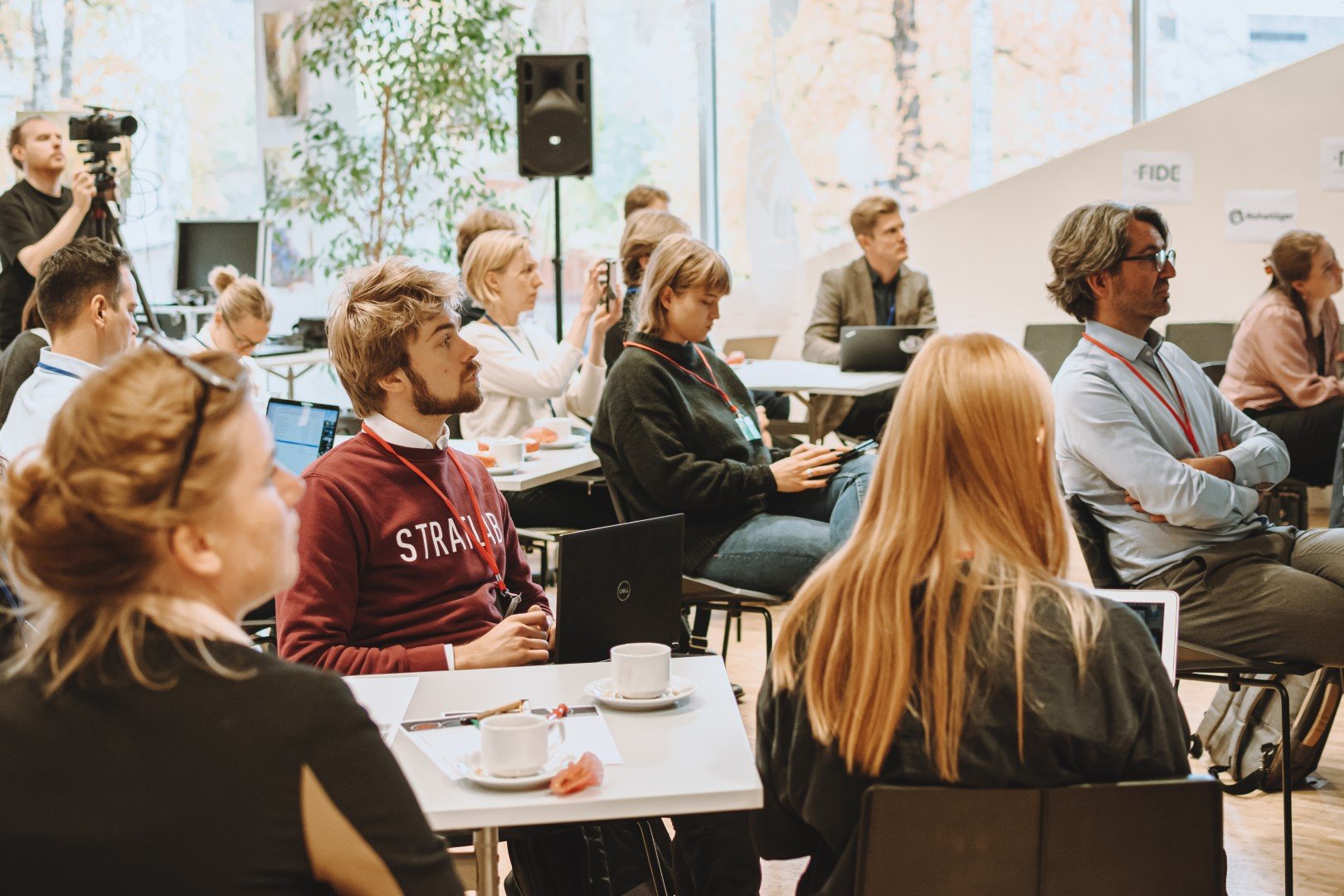
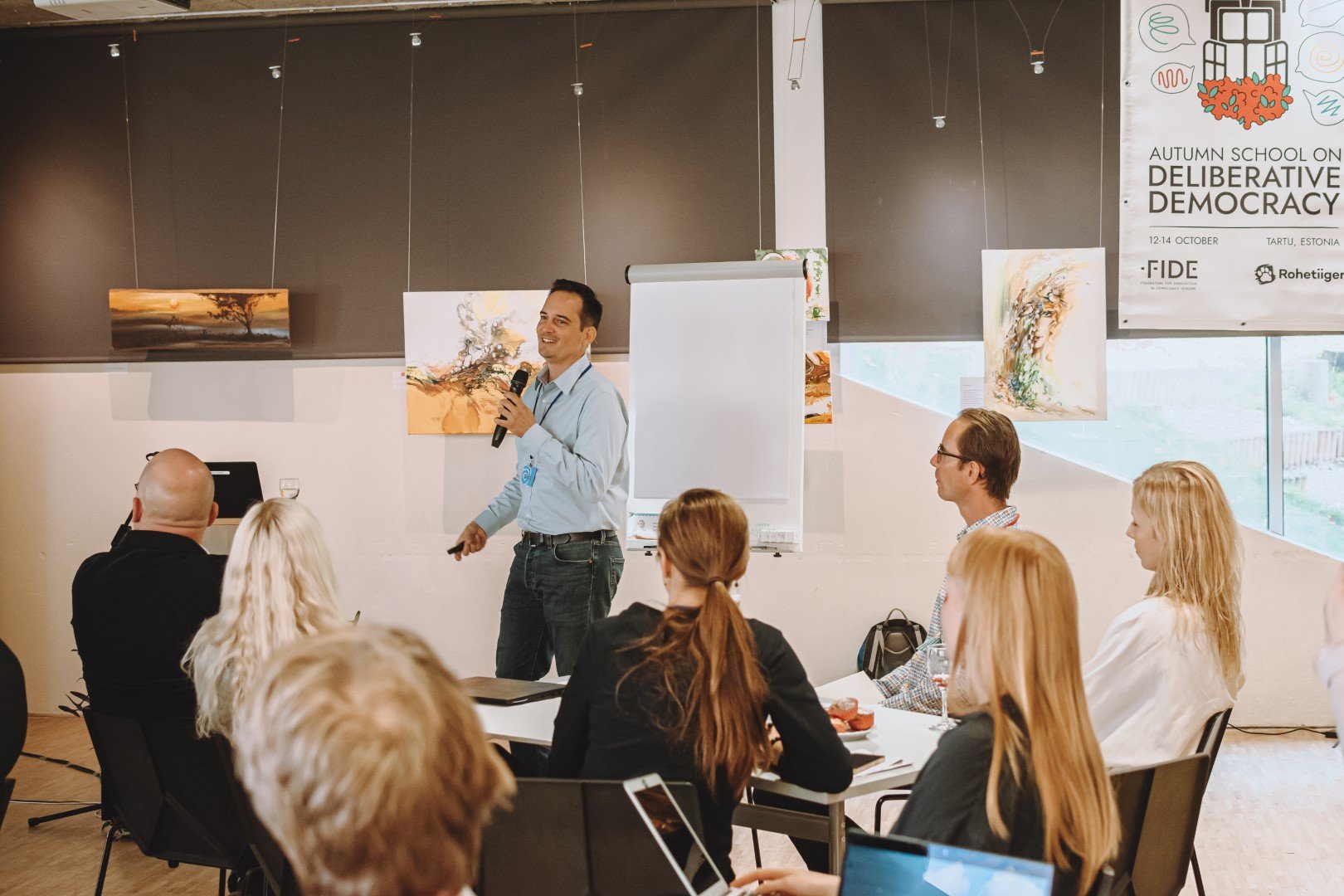
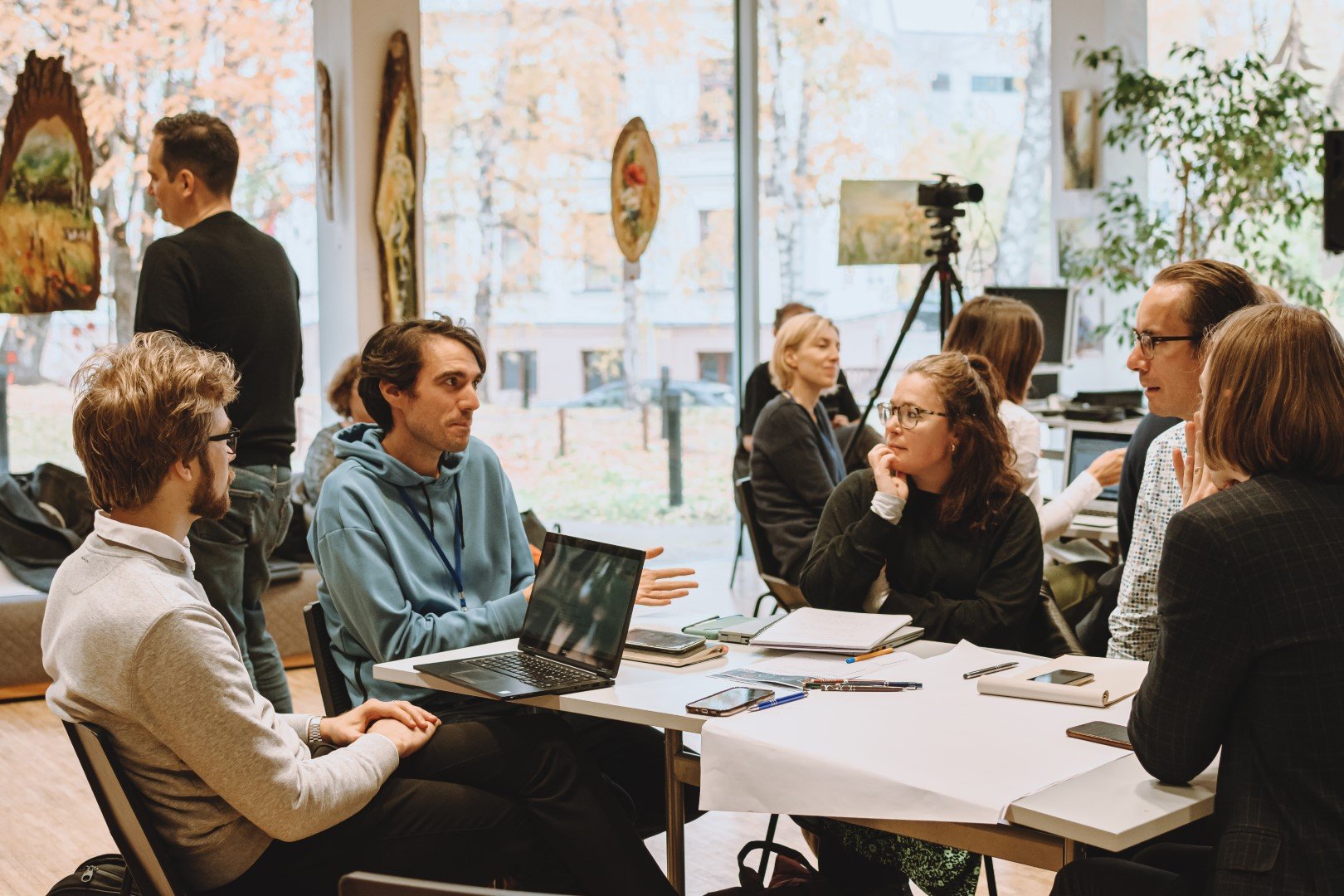
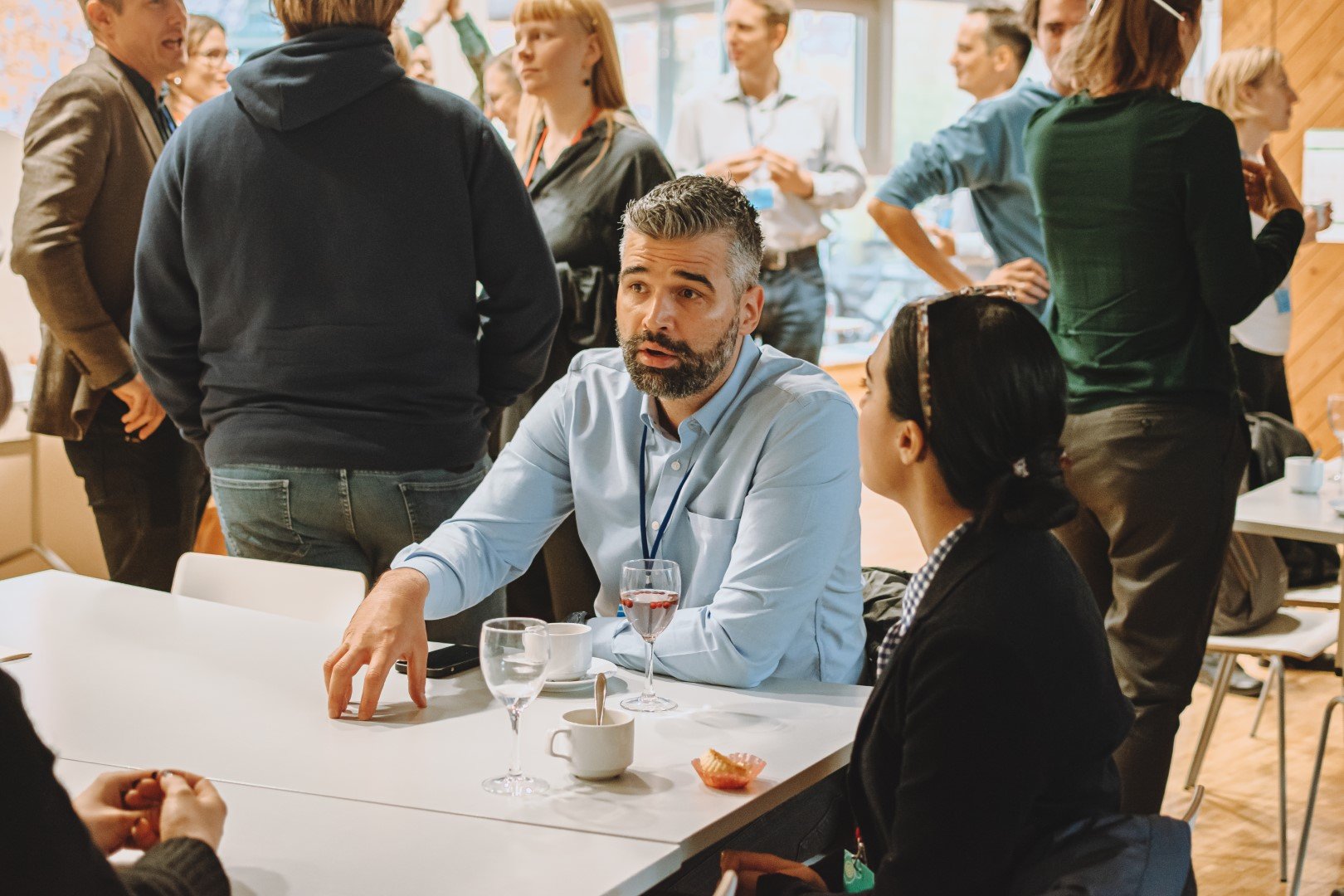
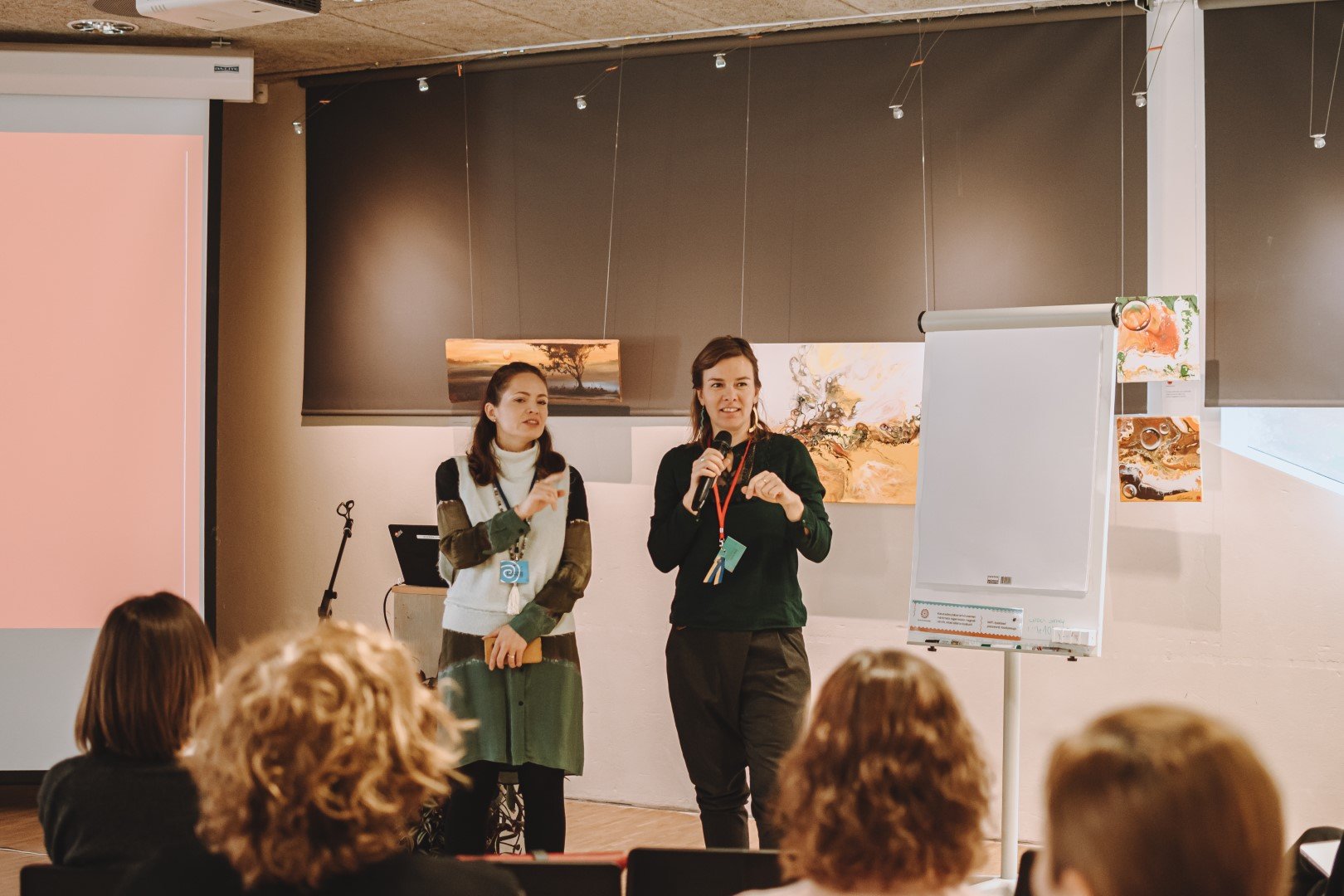
Between the 12th and 14th of October 2022, Rohetiiger and FIDE brought together leading speakers on Deliberative Democracy from all over Europe to break down the key elements of organizing a Citizens’ Assembly. Recruitment, facilitation, impact and media engagement are some of the critical elements addressed in interactive sessions that also foster participants’ experiences and knowledge.
Tartu’s Autumn School offered six real-world examples where deliberative democracy had been applied. Half of them focused on resolving long-term issues, such as climate change or environmental issues; the other half delved into deliberation for polarised communities. The experts presenting the case studies covered both political and societal considerations, including important technical and operational details to bear in mind when designing and implementing such processes.
The Autumn School on Deliberative Democracy gathered 25 participants from more than 10 countries in Tartu, Estonia. It provided participants with a comprehensive introduction to Citizens’ Assemblies, with guidance and advice in developing their own deliberative projects. The small-scale format, with participants and speakers together for the entire two days, allows for a mutual learning experience that enhances the event's outcome.
RECORDINGS
-
Deliberative democracy is a method to include a group of everyday citizens in a qualitative way in policymaking. It is increasingly becoming used as a means for citizens to participate at all policy levels.
But why should we implement this method? The reasons are presented by Yves Dejaeghere. He worked as a senior researcher in political science at KULeuven and the University of Antwerp. From 2018 to 2020 he was the coordinator of the Belgian G1000 organization, a think tank with expertise in the use of sortition and deliberative democracy. He has acted as an expert amongst others for the European Court of Auditors, the Organization for Economic Cooperation and Development, the European Commission, the Council of Europe, the Organization for Security and Cooperation in Europe and a number of local, regional and national governments.
-
Teele Pehk is leading the organizing of climate assemblies at the Green Tiger Foundation (Estonia) to enrich decisionmaking around the environmental challenges of today. She is an experienced democracy artist who has worked at the Open Knowledge Estonia, the Estonian Cooperation
Assembly, the Estonian Urban Lab (Linnalabor) and with many initiatives at the crossroads of civil society, democracy, and governance.
Maiu Lauring is a civic society expert and impact analyst. She has served as a civil society analyst at the think tank Praxis, directed the annual Opinion Festival (Estonian democracy festival) and served as a member of National Foundation of Civil Society. Currently Maiu works at the Green Tiger Foundation on initiating and implementing climate assemblies in Estonia.
In April and May 2022, a mini-Tartu of fifty-five inhabitants gathered over two weekends to learn about the climate and sustainable mobility goals of Tartu, hear experts and stakeholder groups and deliberate on solutions. Sixty-six recommendations on calming traffic, creating more space
for pedestrians and bikers, as well as preserving and increasing biodiversity in Tartu were made to the town hall. The assembly was organised by the Green Tiger and Tartu town.
-
Jane Suiter is Professor in the School of Communications, at Dublin City University. Her research focus is on the information environment in the public sphere and in particular on scaling up deliberation and tackling disinformation. She has been involved with all the Irish deliberative processes as a member of the expert advisory group (CA 2022; Irish Constitutional Convention 2012-2014); as the Senior Research Fellow on the Irish Citizens’ Assembly on gender equality (2020-21) and as co-PI on the Irish Citizen Assembly (2016-2018) and as a founder member of We the Citizens (2011), Ireland’s first deliberative experiment.
The Irish Citizens' Assembly (2016-2018) considered a complete ban on abortion. The Assembly met across five weekends between November 2016 and April 2017, to consider the topic, one of the most divisive and difficult msubjects in public life in Ireland. The Assembly Members voted that they wanted to remove Article 40.3.3° from the Constitution, and for the avoidance of doubt, to replace it with a provision in the Constitution, which would make it clear that termination of pregnancy, any rights of the unborn, and any rights of the pregnant woman are matters for the Oireachtas (parliament). This was put to a referendum on 25 May 2018 and approved by 66.4% of voters.
-
Kelly McBride is dedicated to building democratic infrastructure to ensure that citizens have the governance, organisations, and society that is supported and ready to deliver ambitions for more participatory democracy.
Currently, she works at TPXimpact with a multidisciplinary team to explore the role of organisational design and change, service design and technology alongside her participation interests. She has been part of the organising team of the Citizens' assembly of Scotland or the Scotland's Climate Assembly among other deliberative processes.
The Scotland Climate Change act of 2019 contained a provision to set up a Citizens’ Assembly so citizens could propose recommendations on Scottish Climate policy. Due to Covid, the 105-member assembly had to take place online over seven weekends. In June 2021 it delivered its report to the Scottish parliament with eighty-one recommendations on Climate Policy measures. The Scottish Assembly also included a Children’s Assembly, and their conclusions were included in the main report.
-
Eva Bordos is the director of DemNet, one of the largest and oldest development NGOs in Hungary. She is a member of the board of the Hungarian Association of NGOs for Development and Humanitarian Aid (HAND) and is actively involved in numerous pan-European development
networks. She has also worked for the British Embassy in Budapest, OSCE, UNICEF and the Regional Environmental Center for Central and Eastern Europe (REC). Eva has overseen the design of the Climate Assemblies in Budapest and Miskolc.
The first ever Citizens’ Assembly of Miskolc took place in 2021 on the topic of ‘Air quality’. Over two weekends fifty participants that reflected the demographics of the Hungarian city gathered to ‘breath for the city.’ The assembly delivered seven recommendations that reflect the strong collective wisdom of the Miskolc citizens.
-
Damir Kapidzic is an Associate Professor of Comparative Politics at the Faculty of Political Science, University of Sarajevo in Bosnia and Herzegovina. His research looks at ethnic conflict, political parties, and power-sharing, as well as the process through which democratic or authoritarian politics are institutionalized. He has advised several deliberative mini-public processes in Bosnia and Herzegovina, all of which included substantial elements of demographic diversity.
The Mostar (Bosnia) Assembly of 2021. With support from the Council of Europe, the city of Mostar set up a Citizen Assembly in the summer of 2021 on the cleanliness of the city and the maintenance of public spaces, a topic chose by the citizens. In a city that has known political impasse for over a decade with no local elections, the Assembly succeeded in bringing together forty citizens that produced thirty-two recommendations for the city-council. The city council decided to implement the recommendation to the greatest extent.
-
Zakia Elvang is working from Copenhagen where she is the founder of and partner in the Danish consulting agency, We Do Democracy and leading the NGO and democracy innovation house in Copenhagen – Demokrati Garage.
Zakia is one of the main characters behind the growing Danish deliberative movement also in the role of moderating and leading several citizens assemblies. She has been the initiator of numerous democratic initiatives like the democracy fitness programme and the platform for democracy festivals in Europe. Zakia is one of the founders of the Latvian democracy festival and is helping democracy festival organisers from all over the world build their own festivals.
In 2018 the Danish government signed a principleagreement to build the Lynetteholm, an artificial island off the coast of Copenhagen, which among other things is expected to house 35.000 people and protect the city’s harbour from rising water. Set to be constructed over the next 50 years, the island project has been met with concerns in relation to the environmental impact, climate protection and the decision-making process. A Citizens’ Assembly is expected to begin in 2022 to deliberate on this important and contested issue for the citizens of Copenhagen.
-
Yves Dejaeghere worked as a senior researcher in political Science at KULeuven and the University of Antwerp. From 2018 to 2020 he was the coordinator of the Belgian G1000 organization, a think tank with expertise in the use of sortition and deliberative democracy. He has acted as an expert amongst others for the European Court of Auditors, the Organization for Economic Cooperation and Development, the European Commission, the Council of Europe, the Organization for Security and Cooperation in Europe and a number of local, regional and national governments.
In February 2019, the Parliament of the German-speaking region in Belgium unanimously voted to install a permanent form of citizen-involvement in policy making for the region through deliberative panels. One to three assemblies can take place every year and the agenda-setting and follow-up is left to a separate but permanent citizen-led body called “Citizen Council.”
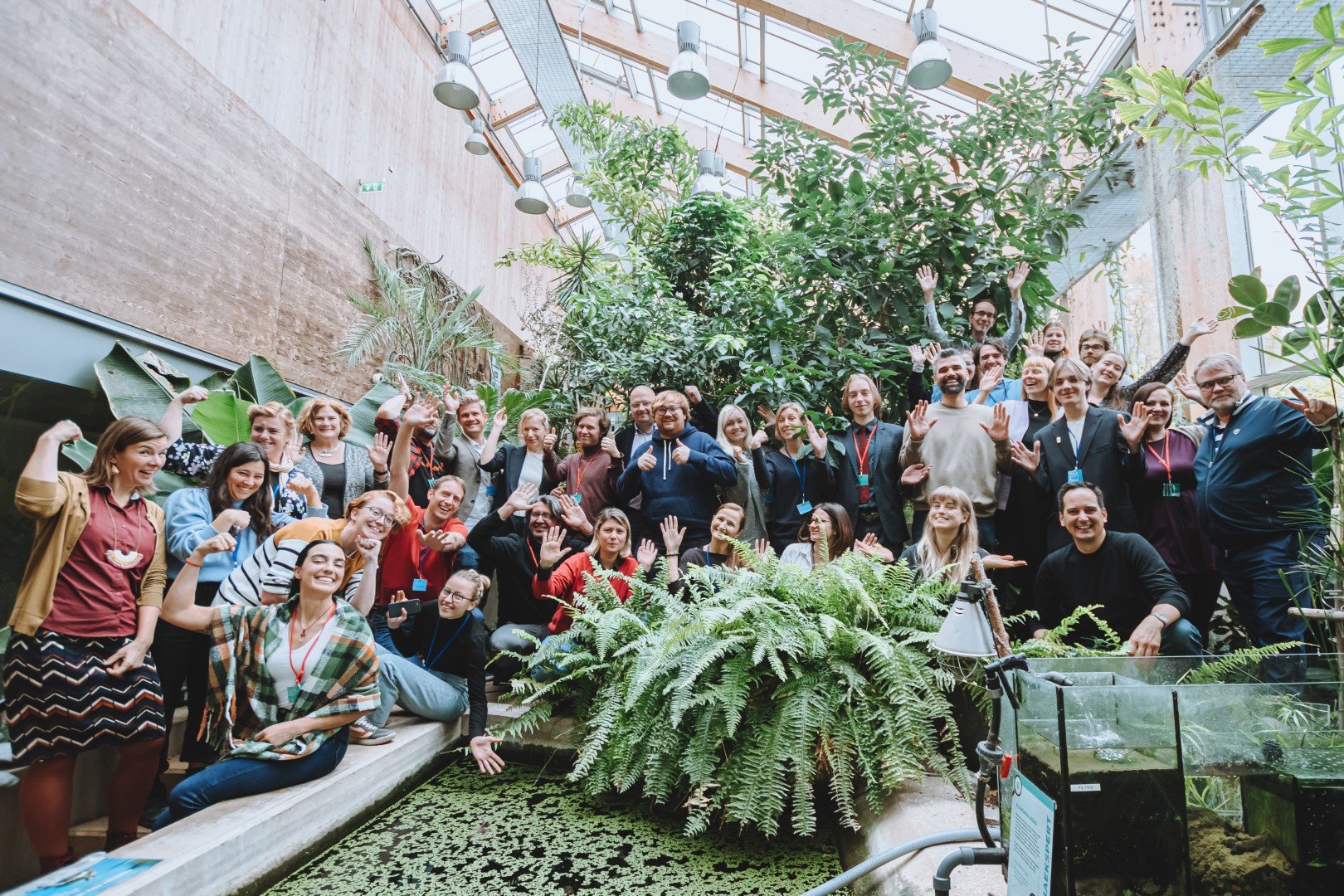
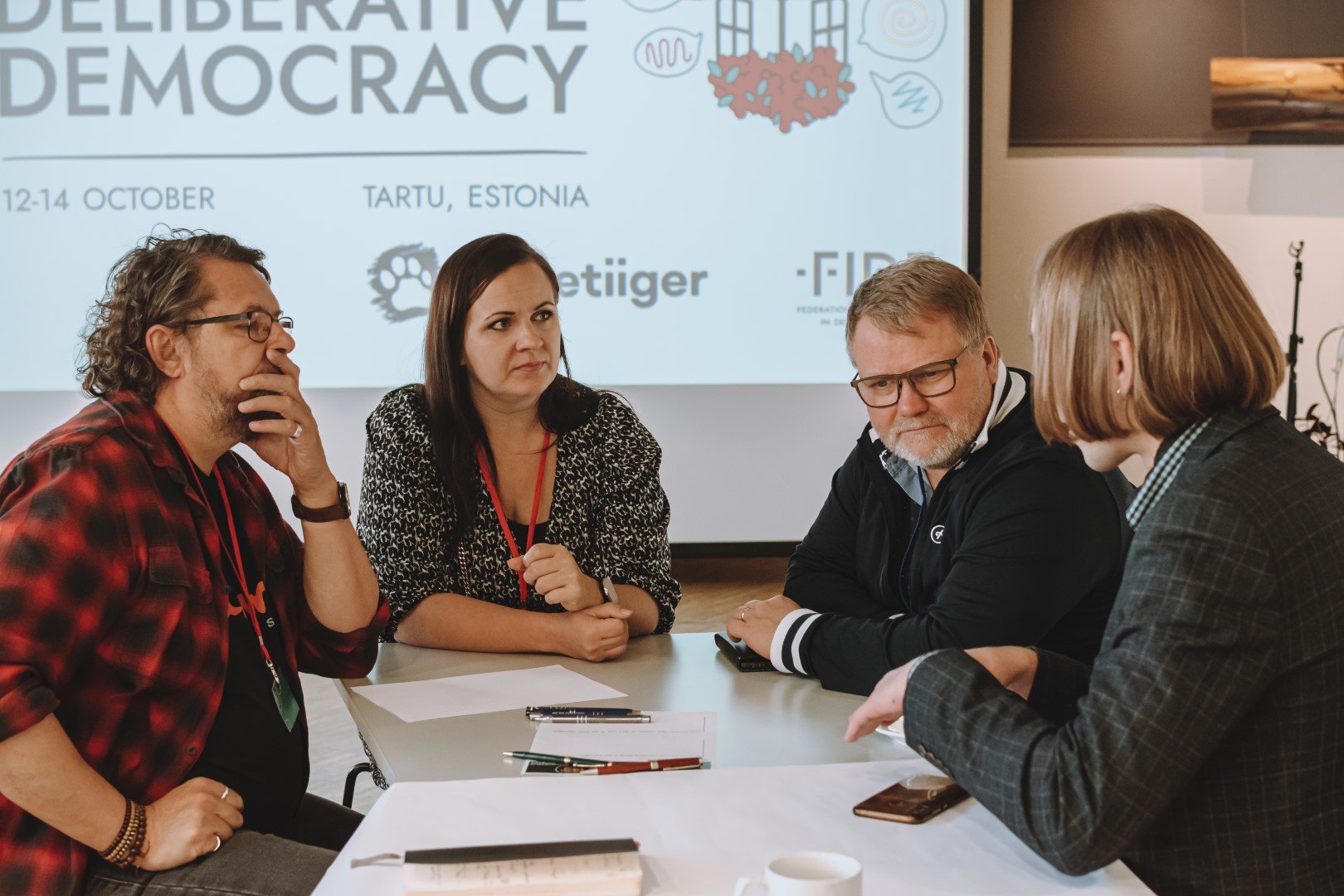
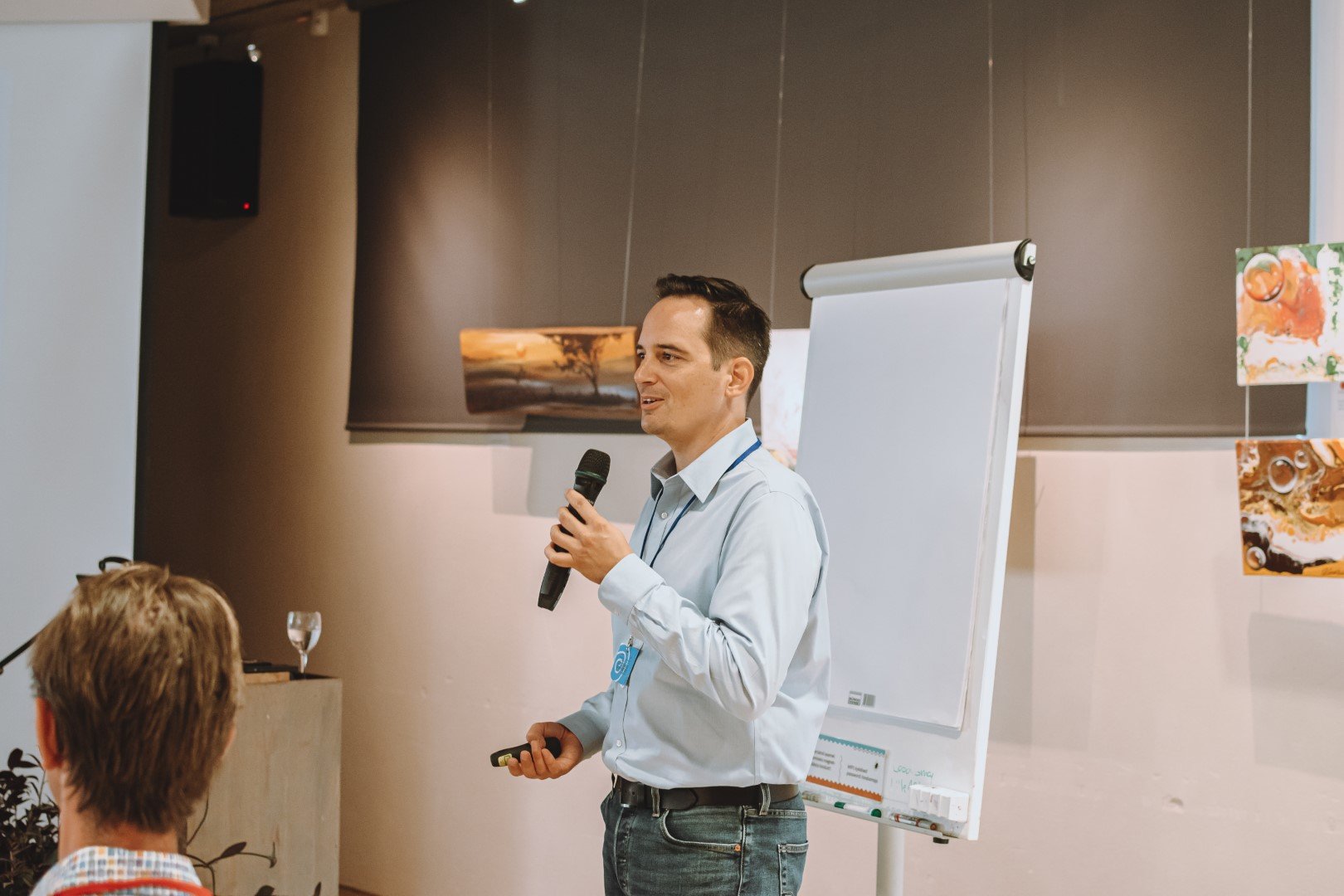
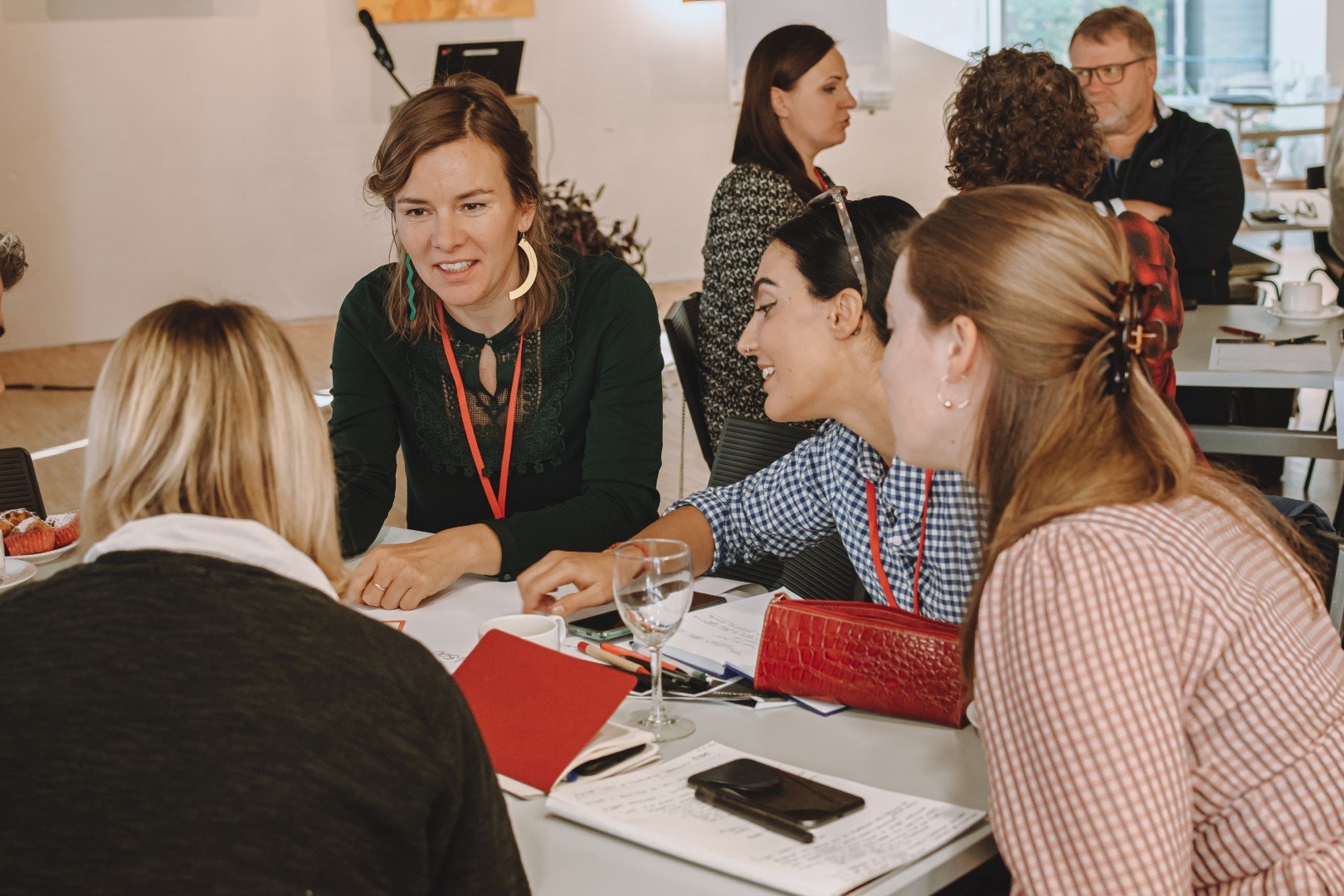
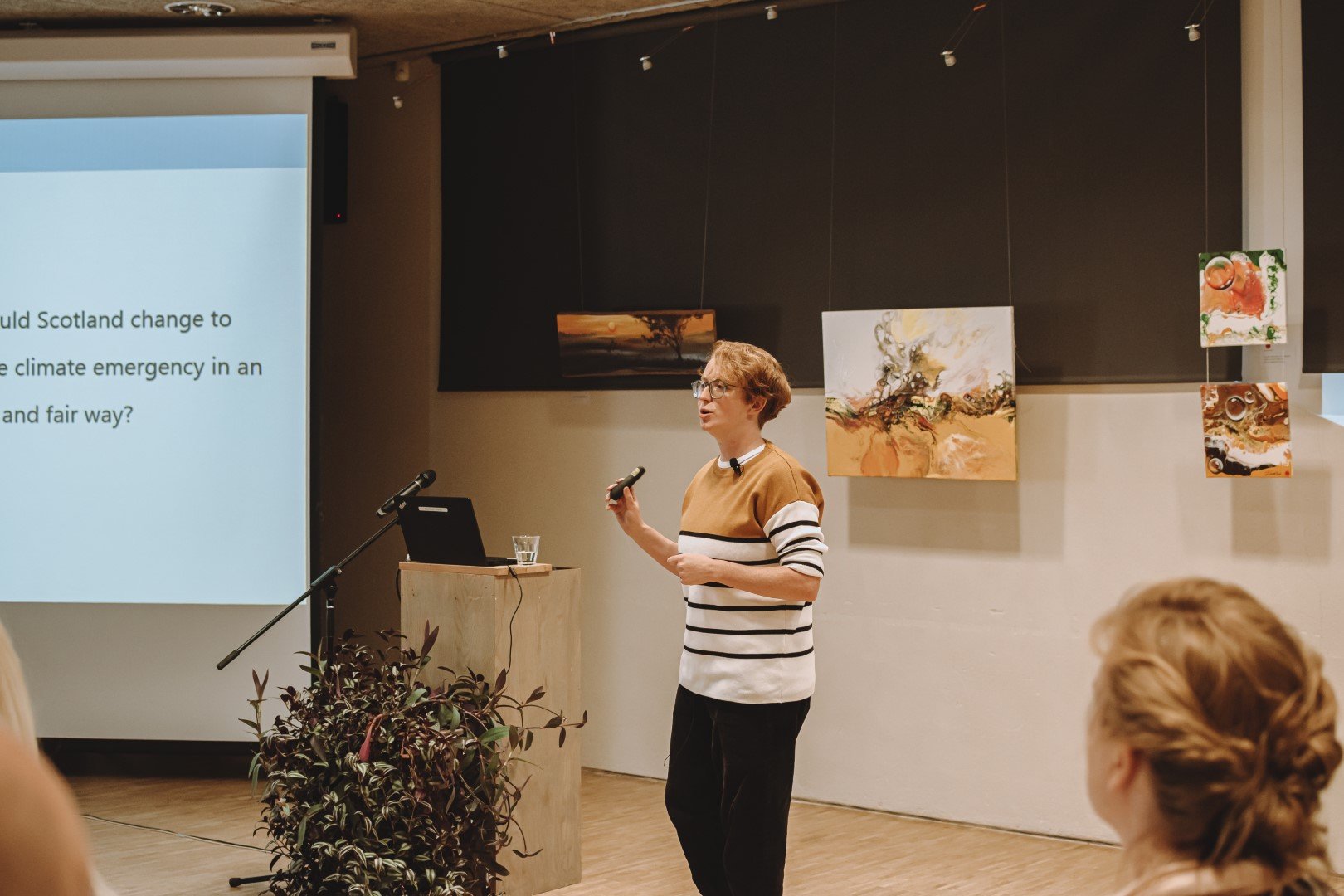
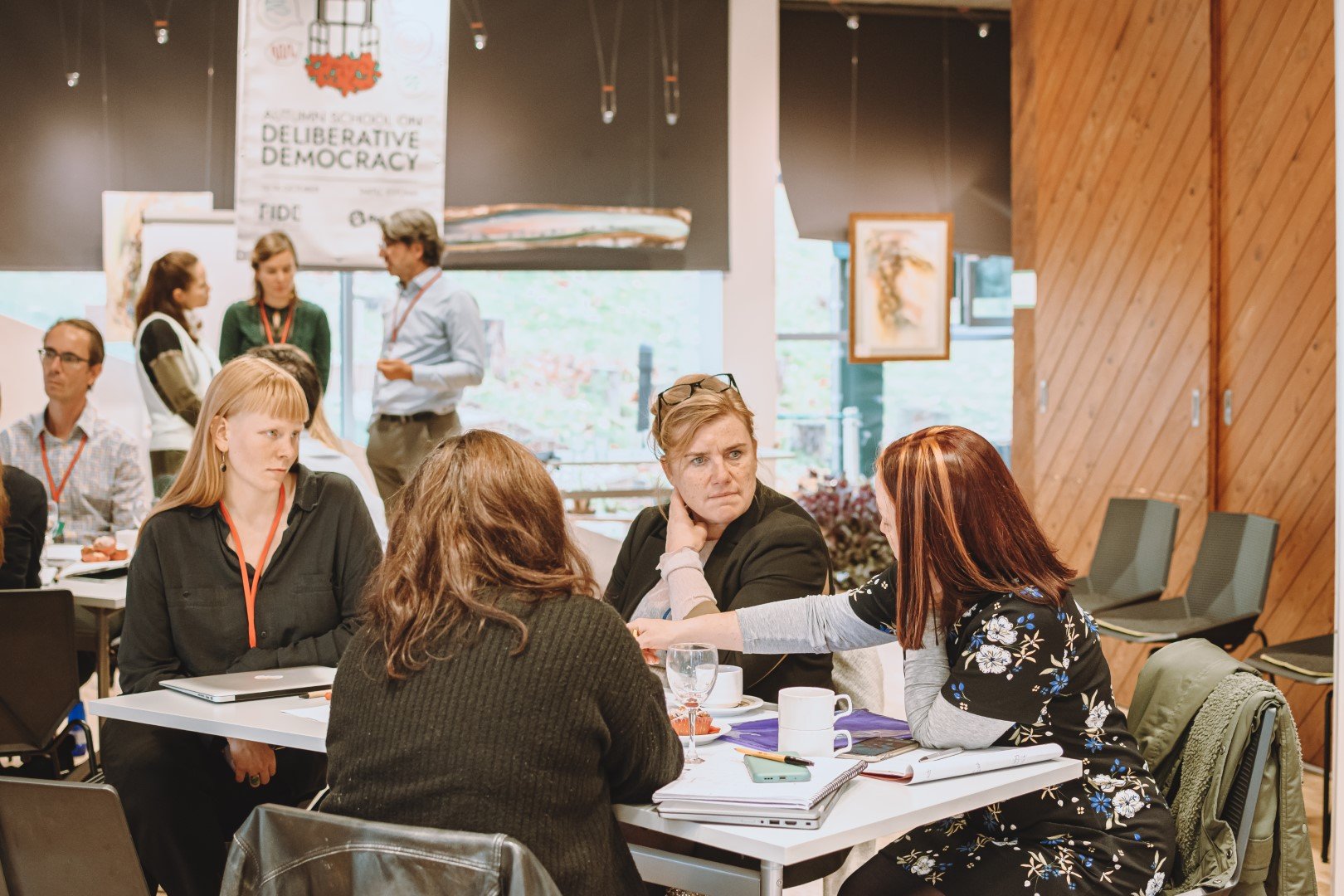
-
-
Yves Dejaeghere: The 'Irish model' for Deliberative Democracy
Jane Suiter: The 'Irish model' for Deliberative Democracy
Damir Kapidzic: Recruitment of a citizens' assembly
Teele Pehk, Maiu Lauring: Tartu climate assembly
Kelly McBride: Deliberation, media engagement, outputs and impacts
Zakia Elvang: The facilitation atelier
Eva Bordos: Workshop on inclusion and expertise
Yves Dejaeghere: Institutionalising Deliberative Democracy
-
-
-
School’s resources
On this page, you can find information about one of FIDE's deliberative schools. A capacity-building event aiming to develop the necessary democratic skills in our institutions and civil society. Capacity-building is one of the three main pillars of FIDE's activities. We are a network of democratic innovators working to advance citizens' role in policy-making. If you want to learn more about our other schools and events, click here.







